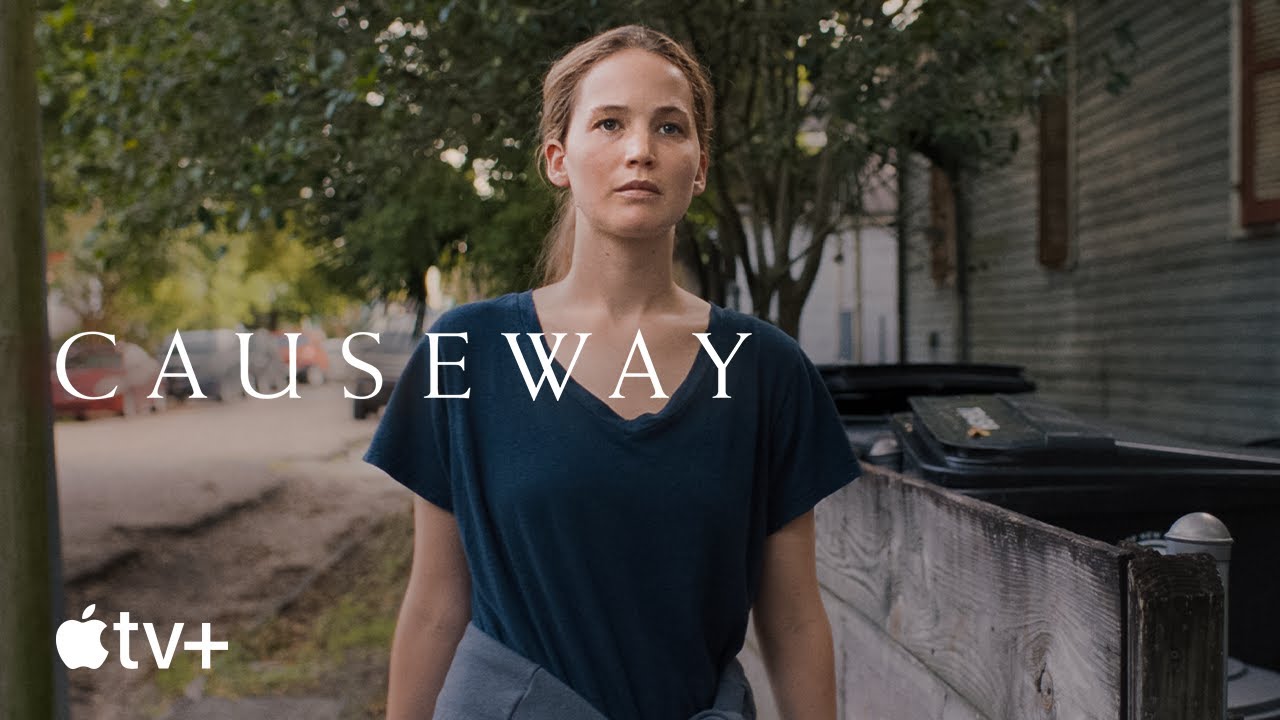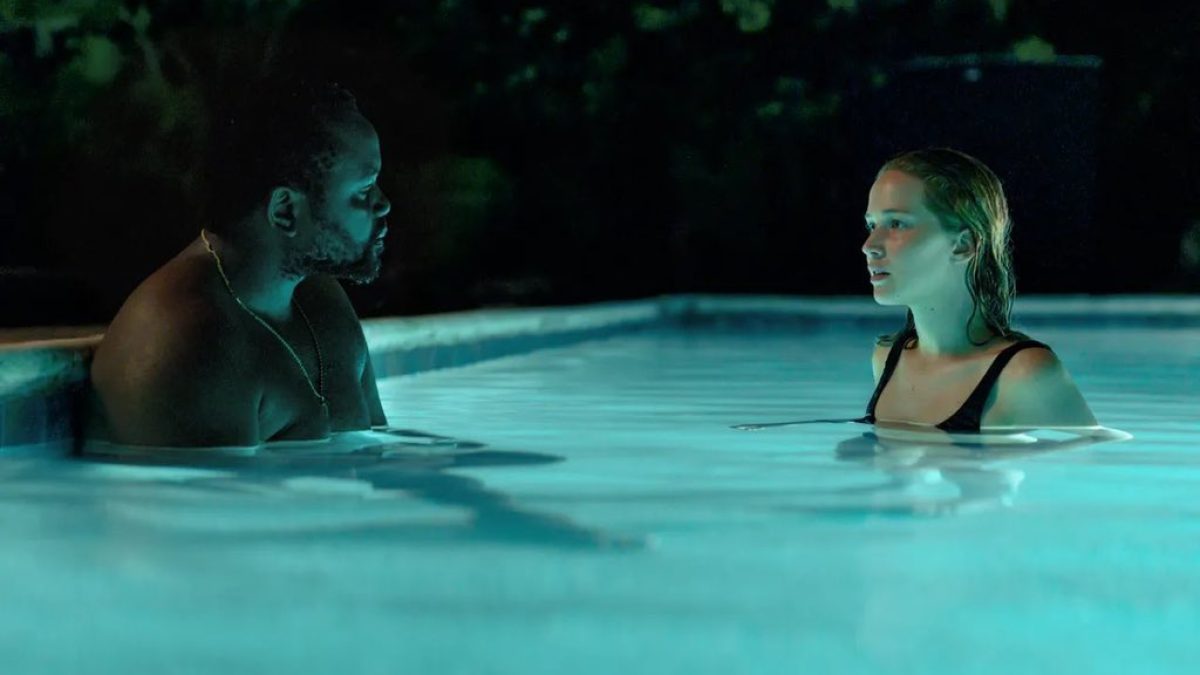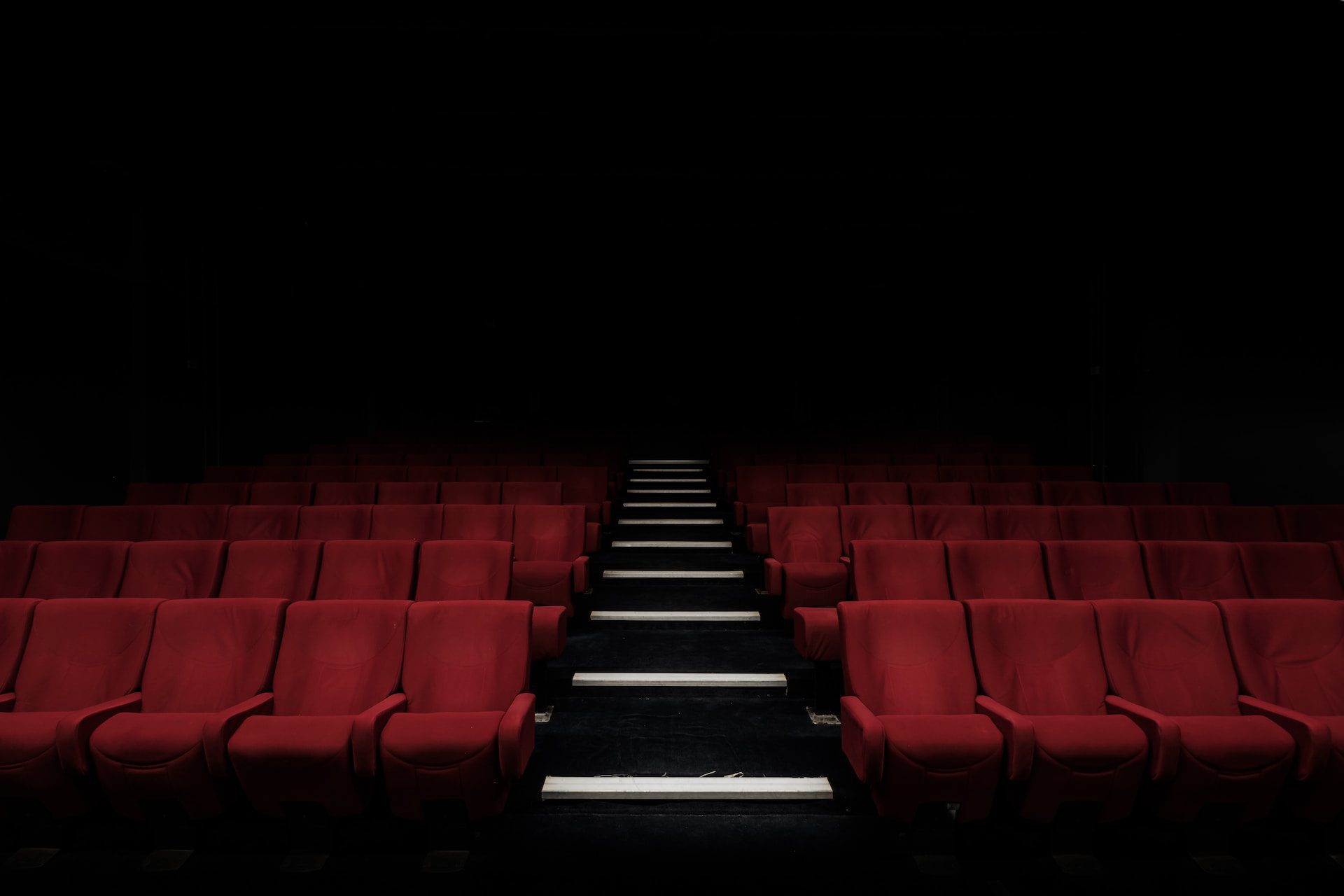
Not everyone smoothly segues from stage direction to cinematic work, as the touch and feel of the different mediums vary in nuanced ways. But in Lila Neugebauer’s transition from the theater to her film debut, she pulls off an intimate feeling film that explores serious subjects in our society today with a delicate touch that feels incredibly insightful into the realities of the situations while also imbuing them hopeful tones. In the Apple TV+ film Causeway, Neugebauer puts Jennifer Lawrence’s talents on full display as Lynsey, a veteran of the war in Afghanistan struggling to overcome a brain injury, alongside Brian Tyree Henry as her new friend, James Aucoin. To see what Neugebauer drew from in crafting the cinematic journey of these two wounded people, ScreenFish caught up with the director from New York.
Neugebauer says that it was apparent to her from the beginning that she couldn’t make a movie about a recovering veteran without meaningfully engaging real world survivors. “I also consulted with medical professionals, like neurologists studying PTSD, talked with veterans and service members who suffered, and also vets who witnessed it but didn?t suffer from it,” she shared. “I spoke with them on the challenges of returning home, and their reasons for enlisting. These conversations deepened my engagement and understanding, as we worked on the script, shot the film, and even into editing.”
The film focuses on Lynsey and James’ brokenness, and the grace they show each other in working toward healing. Their relationship isn’t what one might expect it to be when they first meet or judging by appearances, and the director says that’s often how it works. “Grace is often found unexpectedly in my experience, from unexpected directions,” Neugebauer says, smiling. “I live in New York so there are always a lot of strangers, and four days ago, I left my umbrella on the subway. Someone came running off to give it to me, and then ducked back on before the doors closed!”
At the same time, trauma can be mutually understood but of a different sort of hurt. Neugebauer says that people often ask her what she wants them to “get” from the movie, and it’s more about developing and valuing a curiosity to get to know someone else and understand their pain. That’s more accessible when a person knows who they are for themselves, first, because you can’t really offer yourself to someone else if you don’t know yourself.

Two thirds of the way through the movie, a transition occurs in a swimming pool, one that the Methodist pastor in me compared to a baptism. Neugebauer laughs, “Well, you’re talking to a Jew but Henry called it that while we were filming so it became The Baptism Scene!”
In that moment of the film, what could have been a dark, muted, depressed view of hurt and life itself begins to display the possibility of hope and healing, which Neugebauer says was important to her, even if she doesn’t know what happened to the characters after the credits roll. “It was important that the film not end with unearned resolution that would feel dishonest,” she mused. “But I think of the ending as another beginning. I don’t know how James would answer the question, but in asking it, I think Lynsey offers something new beginning for each of them.”
And with that, our time was up, and Neugebauer was off to another engagement. Who knows who she’ll meet leaving her umbrella on a subway car? Who knows what unexpected grace will arrive for her, or for us? Thankfully, she’s looking for grace wherever it may show up, and sharing stories about how two people can mend what’s broken if they stop long enough to see each other.





